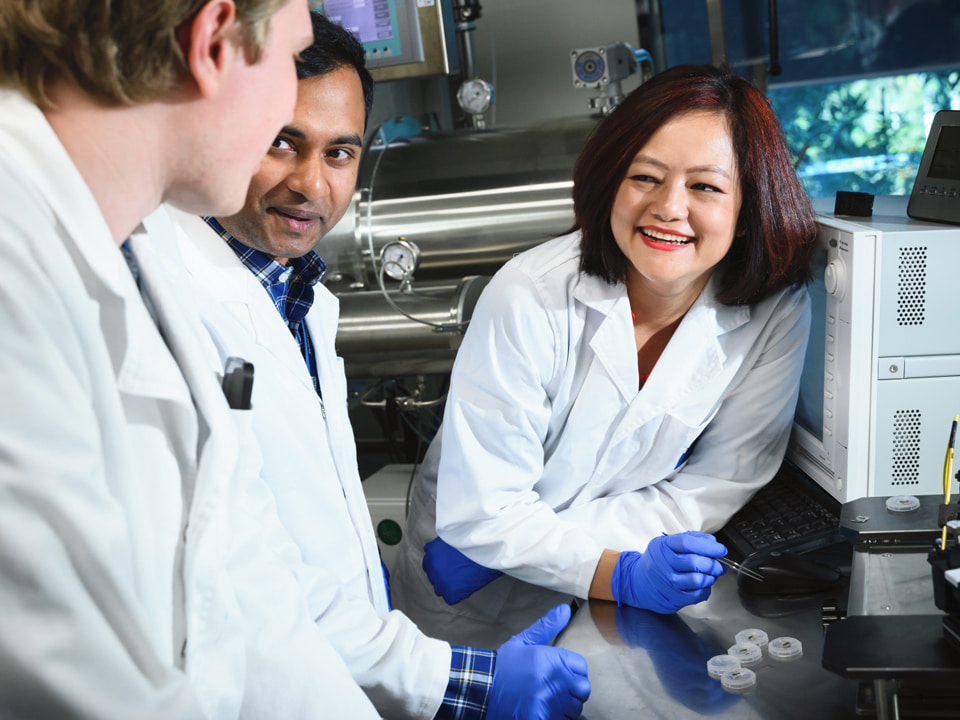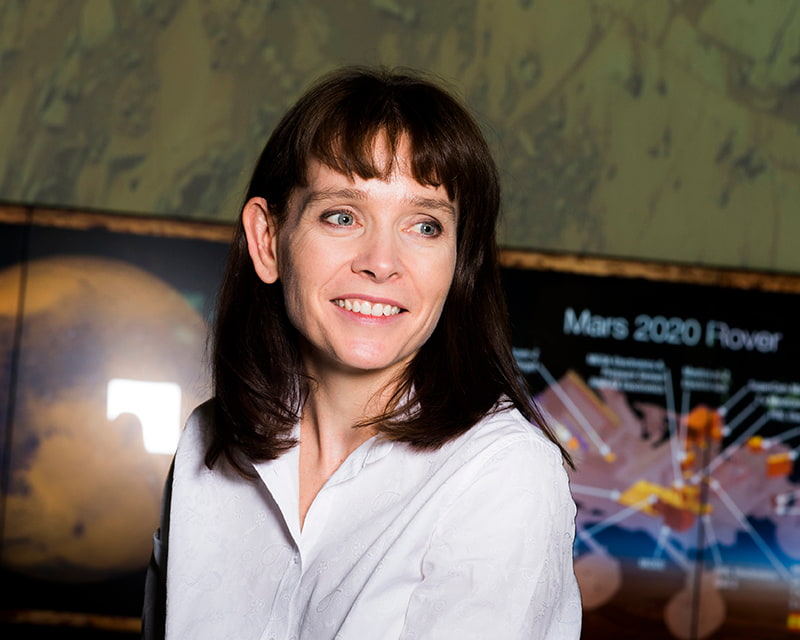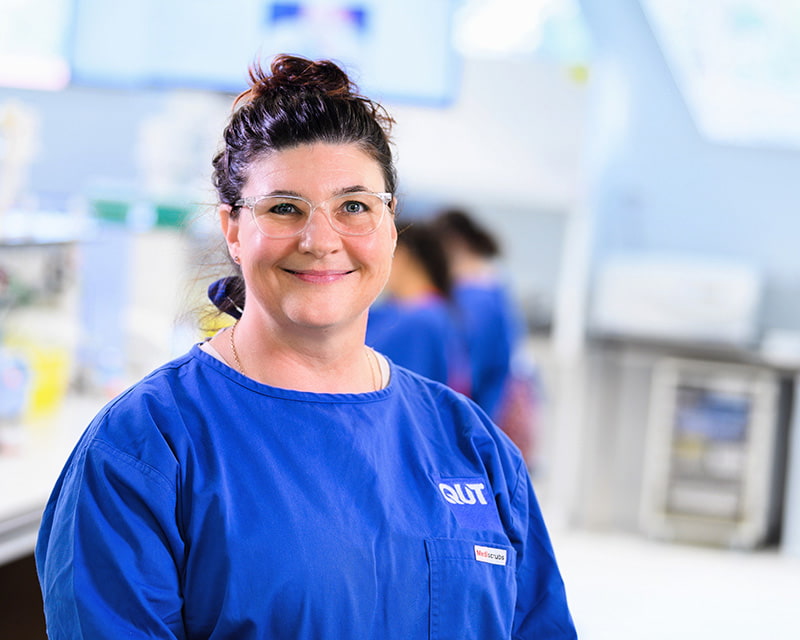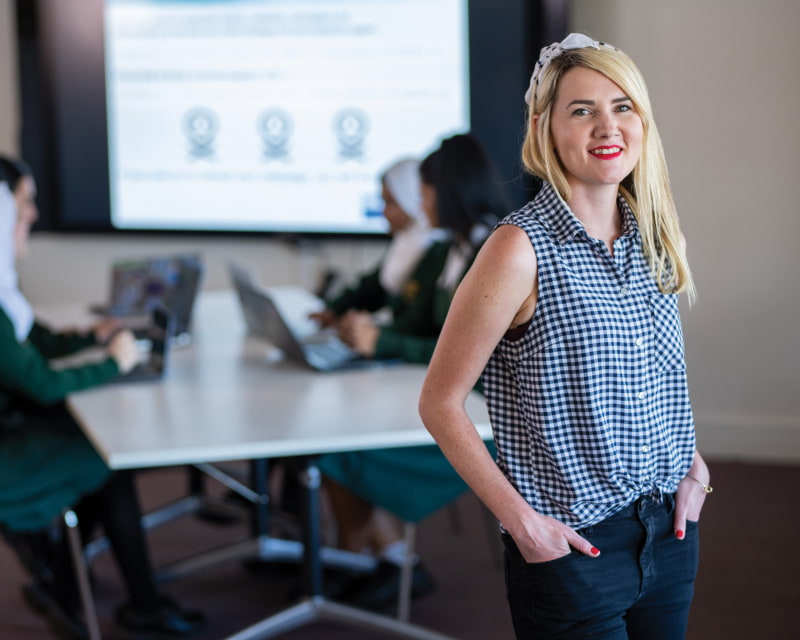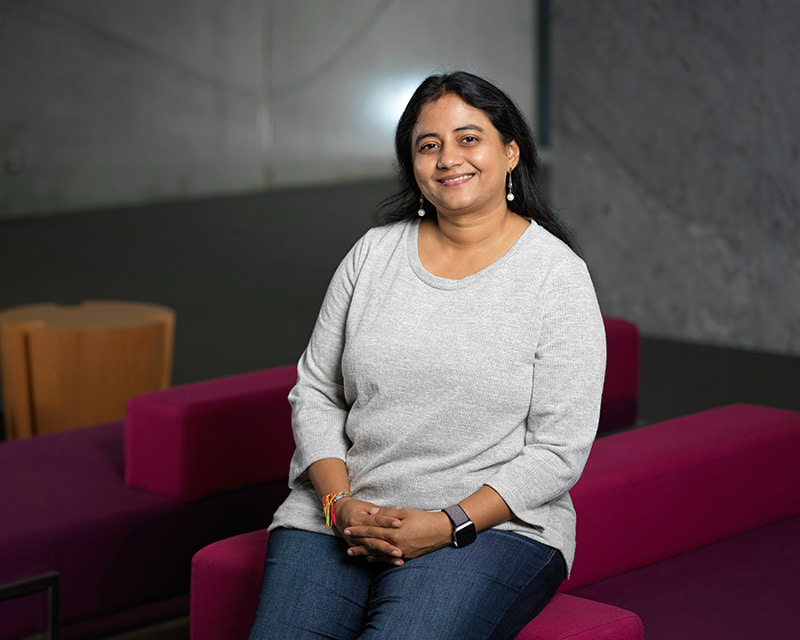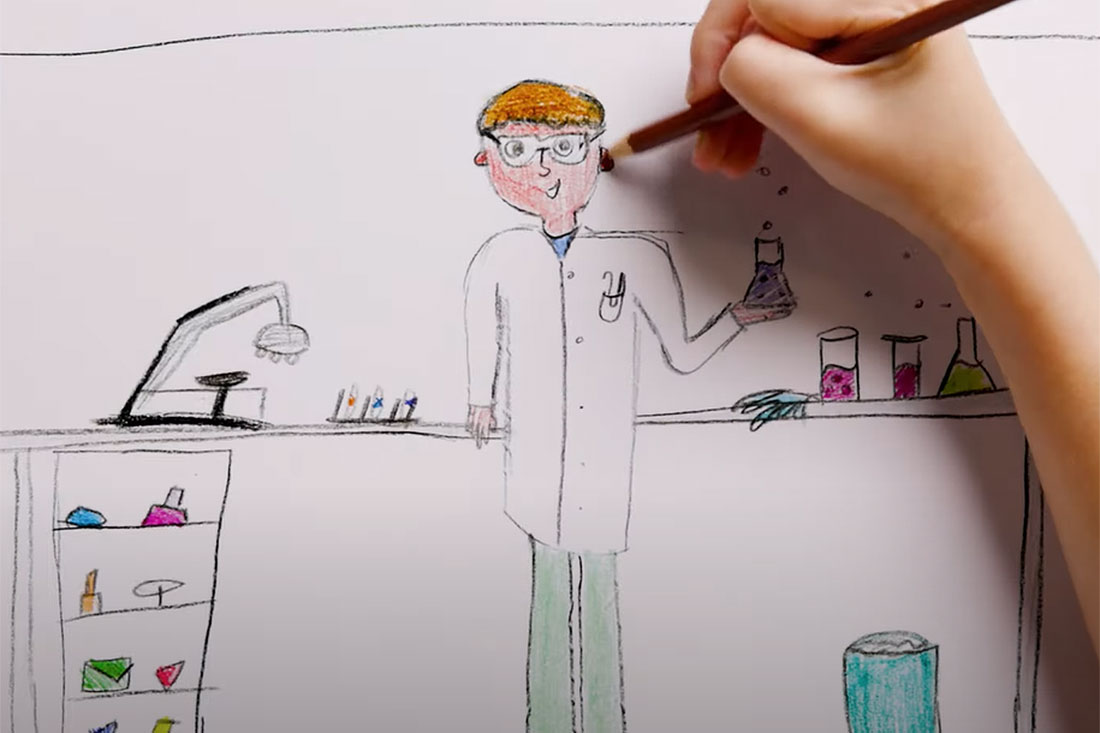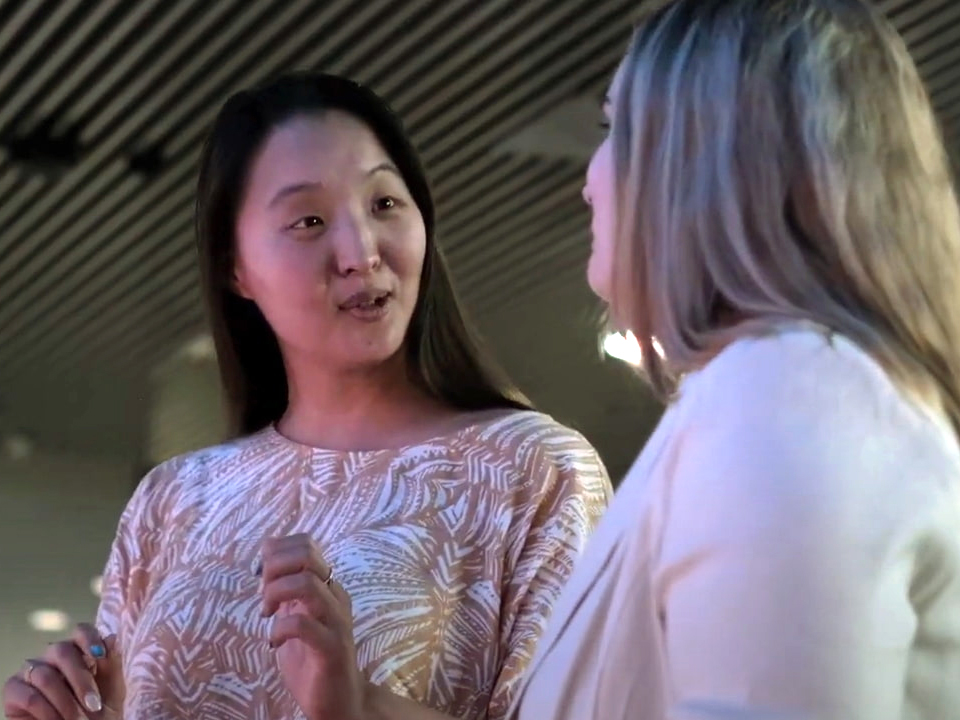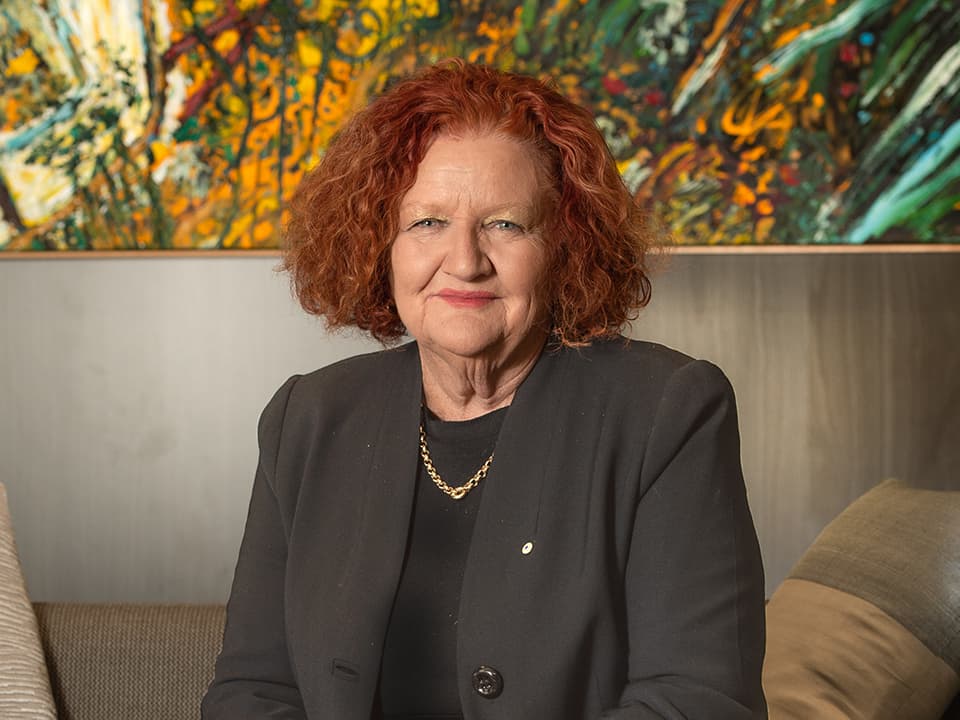Abigail Allwood
Astrobiologist. NASA Principal Investigator. Mars 2020 mission.
QUT alumnus Dr Abigail Allwood is at the cutting-edge of space exploration. She is one of only seven principal investigators developing innovative instruments to accompany the Mars 2020 Rover expedition. Not only is she the first Australian, but also the first woman scientific lead on a Mars mission.
Maree Perry
Nganyaywana and Wiradjuri woman. PhD researcher. Biomedical scientist.
‘The topic of my research is, “Understanding the thoughts, feelings and beliefs that Aboriginal and Torres Strait Islander peoples have about blood. Do these thoughts, feelings or beliefs about blood influence the health choices that Aboriginal and/or Torres Strait Islander peoples make?’ I chose this area of research as no one has ever asked them how they feel about blood. This may start conversations about blood and healthcare, allowing the voices of Aboriginal and/or Torres Strait Islander peoples to be heard.’
Tammy Bryant
Chaos engineer. Startup founder. Girl geek.
'When I was a little girl, I got on the internet and thought it was the most boring place ever because it wasn’t made for 11-year-old girls. I thought, "Hey, I should build things on here." Now, I work as a principal site reliability engineer in the US. I break systems on purpose and make them more resilient - that’s chaos engineering and it’s a really exciting space.'
Divya Mehta
Geneticist and biostatistician. Award-winning researcher. Women in STEM advocate.
Divya Mehta is an associate professor, geneticist and biostatistician working at the interface of psychiatry, statistics and molecular genetics. Her biology foundation together with human genetics advanced training has driven Divya to her current field of interest and research in the application of statistical methods in psychiatric genetics.
